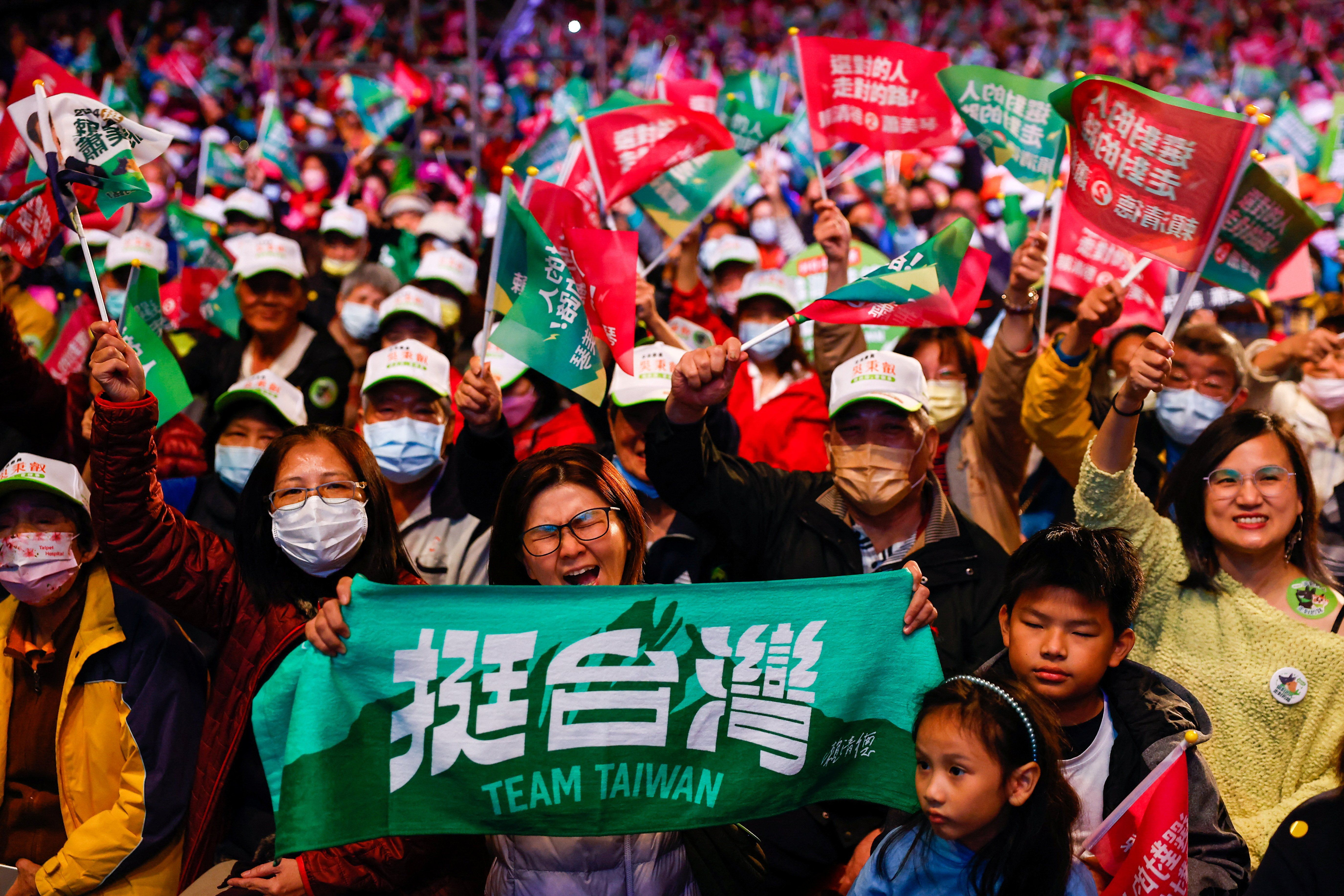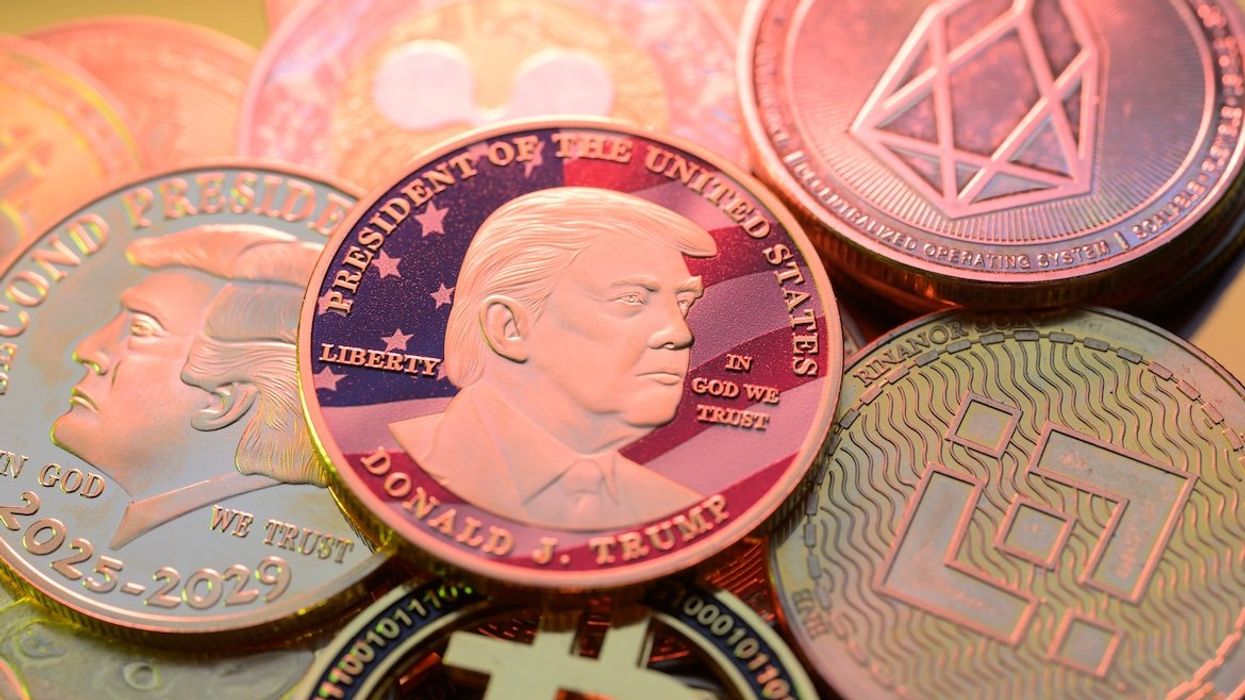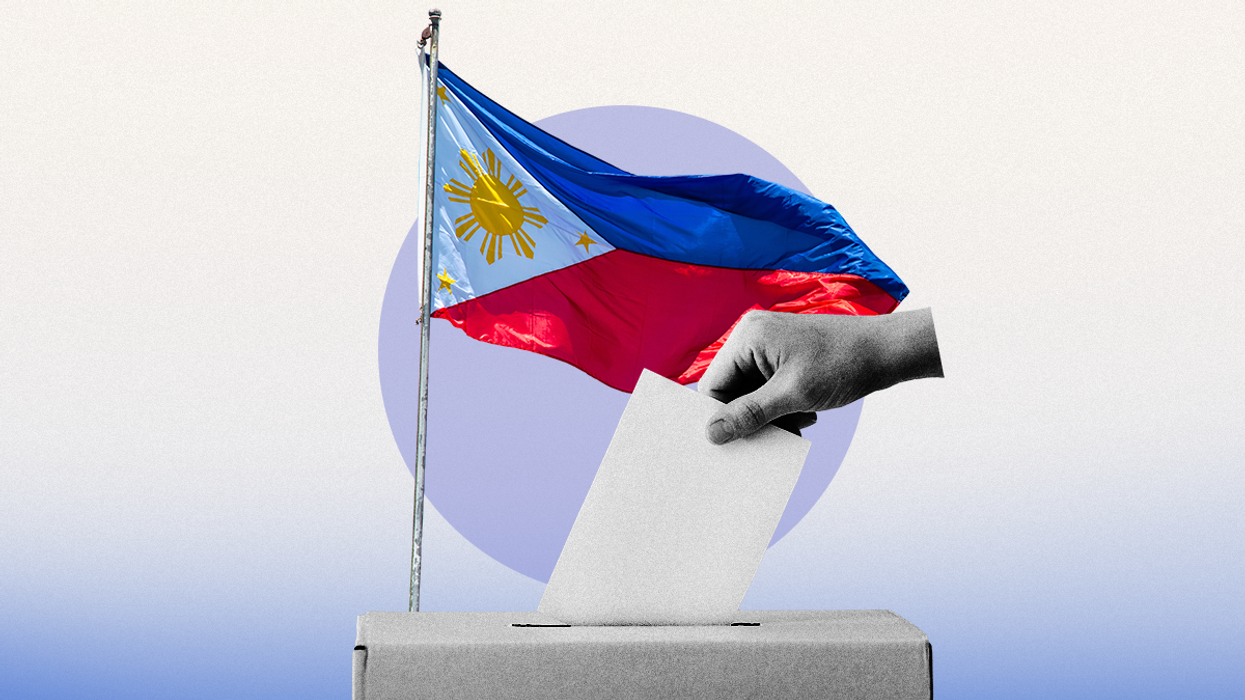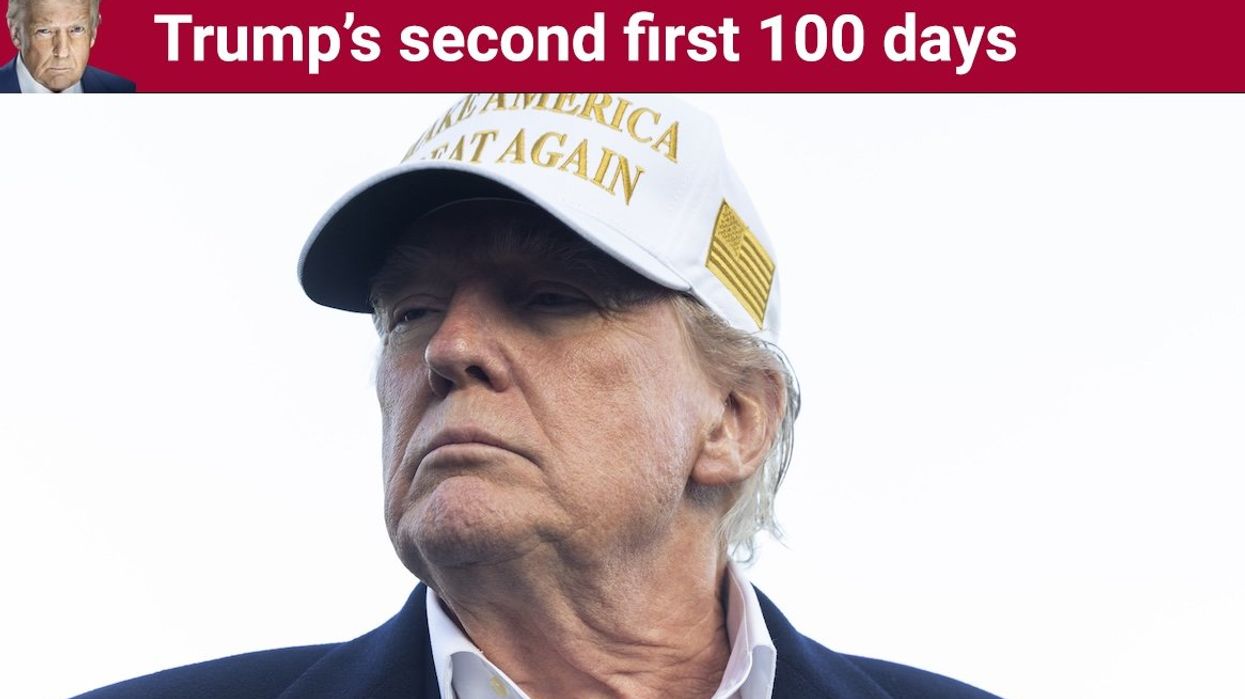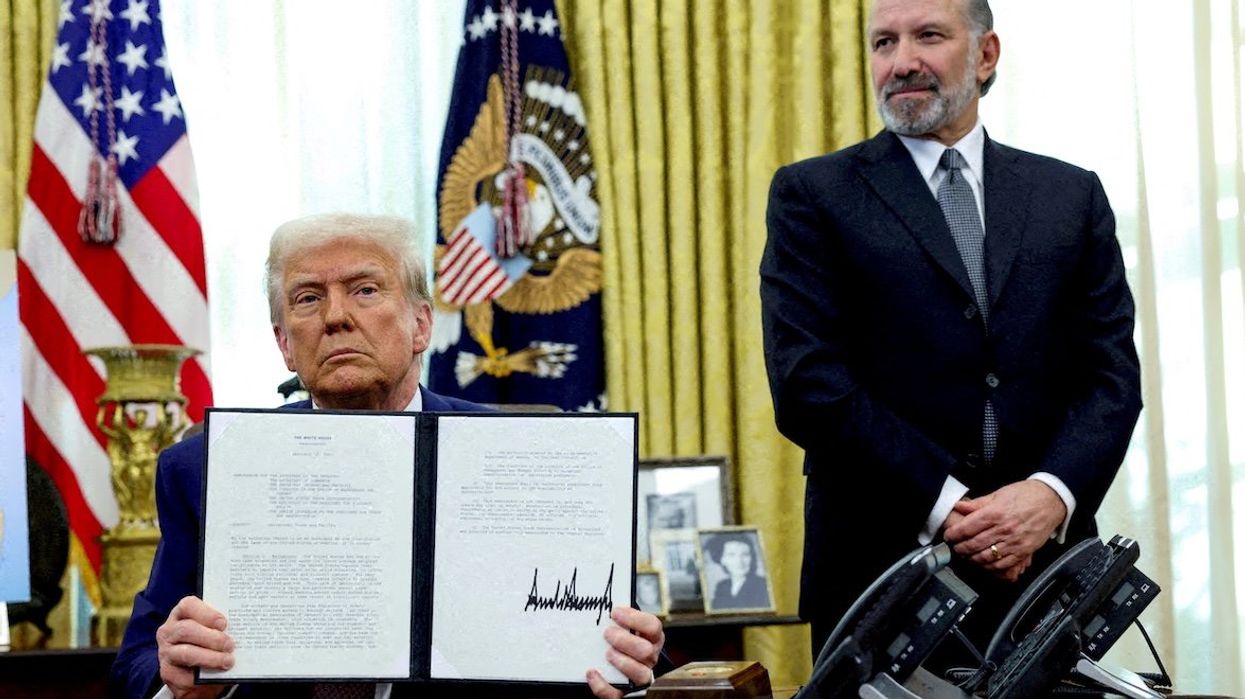The world will be watching when Taiwanese voters head to the polls on Jan. 13 to choose their next president. The first in a series of elections with global ramifications in 2024, Taiwan’s vote will be a flashpoint in the tense US-China relationship. China regards Taiwan as a breakaway territory and has vowed to unify with it, by force if necessary. Taiwan has the backing of the US, which would feel pressured to come to the island’s defense in the event of a conflict with China.
The election is shaping up into a close contest between the independence-leaning candidate William Lai Ching-te of the ruling Democratic Progressive Party, or DPP, and Hou You-ih of the Kuomintang, aka KMT, who favors closer relations with China.
We asked Eurasia Group expert Ava Shen what to watch for.
What is the state of play of the race?
The DPP’s Lai remains the front-runner and has held a consistent lead in this election cycle, but his lead has been narrowing. According to the latest polling data available from Jan. 1-2, he is about five points ahead of the KMT’s Hou, who started gaining ground in late November. Winning the party’s official nomination, with Jaw Shaw-kong chosen as his running mate, has helped Hou consolidate the support of the KMT base. The end to efforts to broker a presidential joint ticket with Ko Wen-je of the Taiwan People’s Party, or TPP, has also helped.
This momentum gives the KMT a lot of confidence in its ability to mobilize a last-minute surge in support, possibly thanks to strategic voting by TPP supporters who don’t want another DPP administration. Lai remains favored to win, but it’s going to be close. It’s also noteworthy that Lai, if he wins, would probably do so with less than 50% of the vote. That marks a shift from the elections of 2016 and 2020 when current President Tsai Ing-wen comfortably cleared that threshold.
What would a Lai victory mean for relations with China?
Beijing would probably have an immediate negative reaction. It has signaled multiple times that it is deeply wary of Lai, who has a history of comments in favor of full independence for Taiwan, a red line for China. It would respond in two ways. First, it would probably reduce the number of Taiwanese products that are subject to preferential tariff rates under the Economic Cooperation Framework Agreement, the cross-strait trade agreement signed in 2010. In a warning shot to Taiwan’s voters, it excluded 12 Taiwanese products from the agreement in mid-December.
Second, China would likely intensify what it has already been doing in the military sphere. If Beijing judges any of Lai’s post-election remarks to be provocative, it will consider flying larger numbers of fighter jets over the Taiwan Strait, deploying more coast guard or naval vessels, and possibly moving those military assets closer to Taiwan’s main island. It could enter for the first time Taiwan’s 24-nautical-mile contiguous zone.
But Lai has moderated his rhetoric recently, hasn’t he?
Yes. He has indicated on the campaign trail that he would maintain the status quo and continue the approach that Tsai has taken to cross-strait relations. Still, from Beijing’s perspective, this is not enough. It does not like Tsai’s cross-strait policies but believes she has exercised restraint in managing tensions. It views Lai as more reckless.
Nonetheless, as I said, Lai is not likely to win by a large margin, and his party will probably lose its majority in the legislature. This is important to Beijing because it sends a signal that the DPP doesn’t have complete control over the island’s politics and that not everyone supports independence. That gives Beijing some hope that the idea of unification is not dead.
So, we think tensions are likely to rise in the event of a Lai victory, but it won’t be a catastrophic situation.
And what would a Hou victory mean for cross-strait relations?
If Hou wins, there is less of a risk of Beijing increasing the pressure against Taipei in the short term. However, there is a risk it will resume aggressive tactics over the long term if Hou doesn’t agree to upgrade cross-strait ties economically and politically. China wants to move toward more regular contact between government officials on both sides and take steps toward unification.
Hou has said he wants to start with more cultural and economic engagement, and if things go well, gradually progress to more political exchange, something that Taiwanese society broadly opposes. So, he's saying he wants to put off the political engagement that Beijing is seeking, and the question is, how long is Beijing going to patiently wait?
What’s at stake for the US in this election?
The US’s official stance is that it has no preferred candidate, and I think it has been consistent in maintaining this approach even in private interactions with Taiwan counterparts. The bilateral relationship is robust, and all three of the main Taiwanese parties are committed to close US ties.
That said, President Joe Biden’s administration likely recognizes that a Lai victory has the potential to jeopardize the recent stabilization of the fraught US-China relationship if it provokes an aggressive Chinese response, putting the US under pressure to offer a gesture of support. As Eurasia Group noted in its Top Risks 2024 report, Lai is one of a handful of “dangerous friends,” a group of friendly world leaders who may draw the US into expanded conflicts this year.
Edited by Jonathan House, Senior Editor at Eurasia Group
